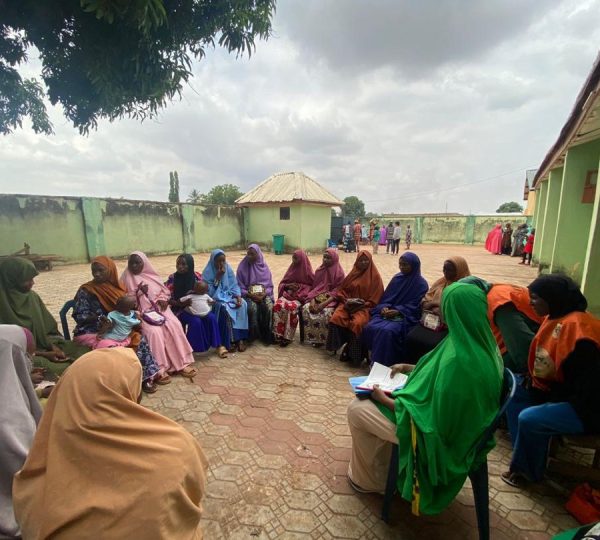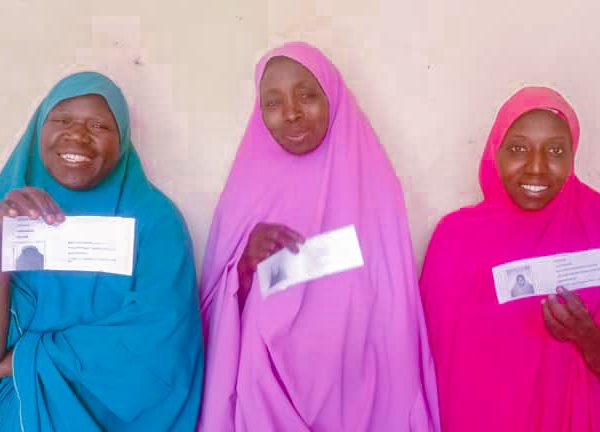SFH Integrated Child Health and Social Services Award (ICHSSA) Project, a USAID-funded project organises a 3-day training on LIVES for stakeholders in the Gender-Based Violence (GBV) prevention space in Damaturu, Yobe State
By Umar Kachalla Gujiba, Rukayyah Muhammad Yahaya, Alex Anthony Abisan, Caleb E. Odonye, Halima Nuhu Dikko
The GBV LIVES workshop which took place from the 21st to 23rd August 2023 at Summit Conference Hotel, Damaturu drew participants from various organisations and agencies implementing and handling Gender Based Violence (GBV) cases was organised by SFH ICHSSA 3 project to enhance the knowledge and skills required of key actors in GBV prevention programmes and service delivery called LIVES, an acronym for Listen, Inquire, Validate, Enhance safety, and Support.
The workshop was aimed at familiarising participants with the framework of LIVES, which included how to conduct routine inquiry and provide first-line support to individuals who have disclosed or experienced Gender Based Violence, identify early warning signs of violence in the community and clinical context, review existing referral and support systems for survivors of sexual and gender-based violence.

At the workshop, the Gender and Social Change Advisor, ICHSSA-3 project Hajiya Rukayya Yahaya during her session took participants through key concepts and terminologies as well as steps in understanding GBV as a public health problem, core competencies of GBV prevention programme staff and the guiding principles for survivors-centered care such as when and how to identify Intimate Partner Violence (IPV) among other kinds of sexual and gender-based violence.
She dwelt extensively on first-line support which involves the mental health and general well-being of survivors, identifying referral networks/pathways, and understanding the legal policy context. She was assisted by the Gender Programme Officer, Mr Alexander Anthony Abison who co-facilitated the training.
The ICHSSA 3 project, State Team Lead, Umar Kachalla Gujiba welcomed participants, urging them to participate actively, being key stakeholders of gender-based violence prevention and service delivery. According to him, the participants were drawn from different organisations, Sexual Assault Referral Centers (SARC), protection and law enforcement agencies, social services, and other government stakeholders to enhance coordinated referral and essential support to the survivors of sexual and gender-based violence and thereby encouraged them to make good use of the knowledge gained to reduce the incidence and response to SGBV.




